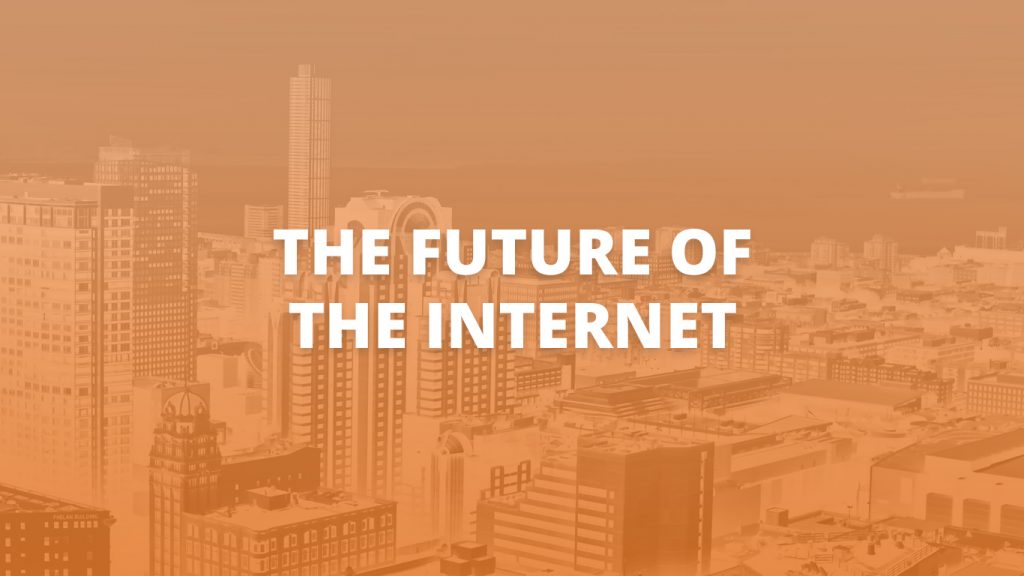I’ve been a web developer since early 2008. Before that I had tried many other things, but it was ultimately web development that I fell in love with and pursued as my career.
In 2008 web development was much more simple than it is today. The internet was made up of business websites, blogs, news, and that was pretty much it. There were no Spotify’s, Rdio’s, or Google Apps. Other than Gmail and a few other services, there really wasn’t a large majority of the web that was running sophisticated web applications.
Fast forward to today (June 2016) and the web is a much more complex place. The number of options the free market has created are just too many to count. Even the smallest of tasks can have 10 to 20 options to choose from and that would be a conservative estimate. The web is the best modern example of what capitalism produces when people are left free to create and distribute as they please. It’s the main reason that I was attracted to the web over everything else in my teens. It was easy for someone with no experience and hardly any knowledge to be able to publish whatever I wanted.
But what is the web today? How has it changed? And what is the future of the internet as we know it? These are questions that I ask myself very often, because to know the answer could be the difference between having a small and insignificant business to being a PayPal or Google of sorts. It’s not that I desire to have a PayPal or Google under my belt, but because I want to be a part of the train that is moving technology and history forward.
So what is the web today then? That’s a simple question with a much more complicated answer. The simplest explanation of the web would be very similar to what I mentioned above. The web is a network of servers all around the world that are connected to each other, and to you if you have an internet connection.
Simple enough, but have things really changed all that much? This is a much better question to ask. The obvious answer is YES! Of course things have changed. The internet has become faster, and technology has taken huge advantage of it.
In 2008 only the largest companies around the world could afford to have an ecommerce shop. Today nearly anyone can open one, and market and sell as they please.
Today over half of all internet traffic originates from mobile devices. That’s not even accounting for the fact that most apps use web based API’s to power their content.
The internet is no longer defined as a collection of business sites, blogs, news, and sports. The web is changing and evolving rapidly, and to be honest it’s really hard to keep up.
The Future Looks Bright For This Ship
If you were to ask me what I think the future holds for the web, I’d honestly and joyfully answer “I don’t know”.
I don’t know the specifics of how the web will change, but I suspect that we’ll live in a world that is smarter. Smarter in the sense that everything we do will be connected to an API and database somewhere around the world.
Web based API’s are the backbone of software development and the future will show that to be true.
Just 5 years ago I would’ve had to type this very post in Microsoft Word, and save it to 2 different hard drives just to make sure it was safe before I upload it. Today I’m typing it in Google Docs. Every letter I type fires an event that sends the content of this article to a server where it’s stored and backed up (and again that’s done for every single keystroke). There is no save button, and I can even leave the desk that I’m sitting at now and continue typing on my phone without missing any information at all.
This is all due to a complex but ever simplifying process that is taking place in web development. It is the direct result of the internet and the generation of API’s which sprung up from it. Web based API’s are the backbone of software development and the future will show that to be true. No longer will you have the need to even install applications on your computers. Every application that is stored on your hard-drive will eventually be replaced by a web based version of that application, or at the very least a stripped down version the application which handles its content in the web.
I believe that the world is headed in this direction in every single area where a circuit board exists, and even in areas where they currently don’t. I believe that as a web developer, I am tasked along with my peers to ring in the future of the internet and of civilization. The world needs more connections, and if the web is left free I believe developers will make them.
